Pros and Cons Of Personal Selling That Businesses Should Know
Being a business manager, you understand the significant role of sales in developing your business. Salespeople build crucial prospect connections, convey the value of your products or services, and have a direct impact on your bottom line.
Nevertheless, salespeople can sometimes get a bad reputation. Whether it’s true or not, it may affect your brand and business. That’s why we recommend personal selling to you.
Personal selling helps you to create a well-balanced sales organization. In this post, we will dig further to show you 10 pros and 5 cons of personal selling that businesses should know.
What is personal selling?

Personal selling is an approach that personalizes the selling process. Companies utilize it to assist prospects in finding solutions through their products and services instead of selling at them. Personal selling includes direct interaction between salespeople and potential clients and mostly occurs face-to-face, via email, on the phone or through video chat.
Personal selling is considered to be the most common method for business-to-business (B2B) selling. Besides, it’s also utilized in retail and trade selling.
Read more:
- What is Personal Branding?
- How To Sell on Facebook Marketplace
- SaaS Sales - The Art Of Selling Software
Learn the process of personal selling

The process of personal selling consists of seven equally-essential steps. Each step enables your sales team to better understand and support your prospects and clients - consequently resulting in higher close rates and customer contentment.
Prospecting
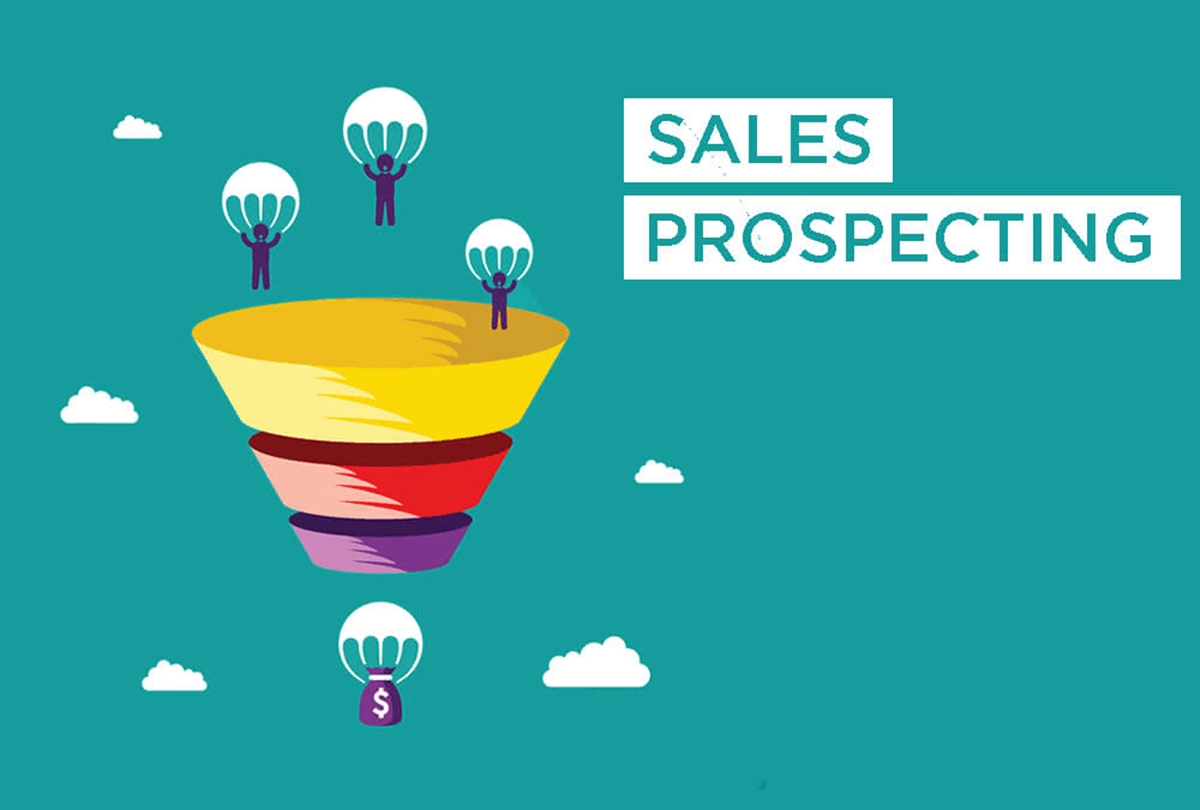
Firstly, in the personal selling process, you need to look for potential clients (also known as prospects or leads). You can implement prospecting by making cold calls, using in-person networks or doing online research.
In this prospecting step, lead qualification is really crucial. You should remember that personal selling is all about seeking solutions for your clients. However, not everyone is suitable to be a client or seek a solution utilizing your goods or service. Hence, it’s a must for you to qualify your leads so that you can prevent spending time and resources on leads who are not likely to become customers and decrease customer churn.
Pre-Approach
During this stage, it’s critical for your sales team to make preparation for initial contact with any prospects they’ve identified while prospecting. Pre-approach mostly includes a large amount of online research on the lead, the market, and his/her business. This step also consists of creating and practicing a sales presentation designed for the lead.
Approach
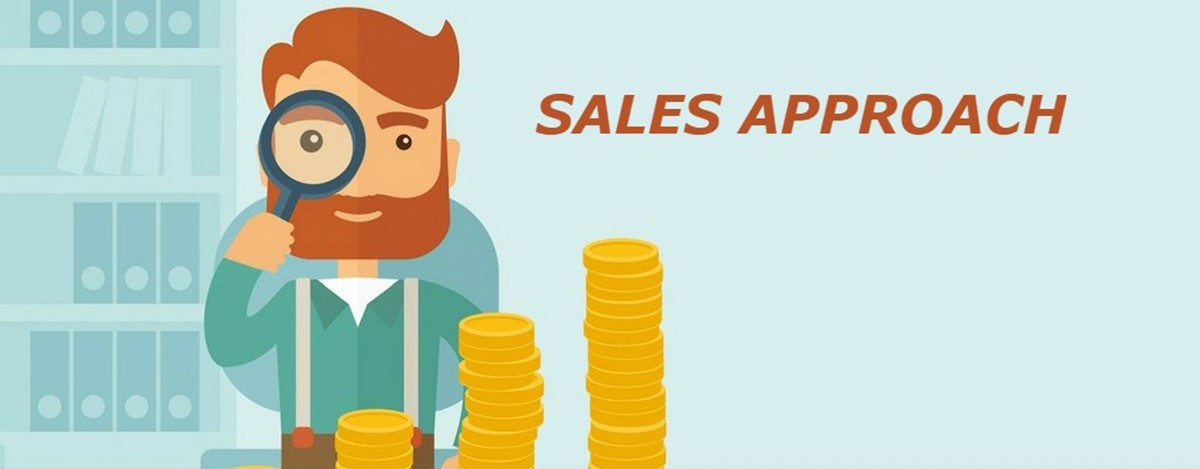
The next step is that the sales team needs to interact, introduce themselves, and begin a conversation with prospects in order to create initial contact. They can do this task by making a phone call, sending email or even meeting in person. Leveraging technologies such as VoIP solutions for small businesses can optimize this approach by offering clear and cost-effective communication channels.
In the approach stage, you can have a deeper understanding of the prospects and their needs and issues - anything that your goods or services can help deal with or support. Therefore, it’s significant for your sales team to concentrate on mainly asking questions to know whether or how your product and service can answer their problems and pain points.
Presentation
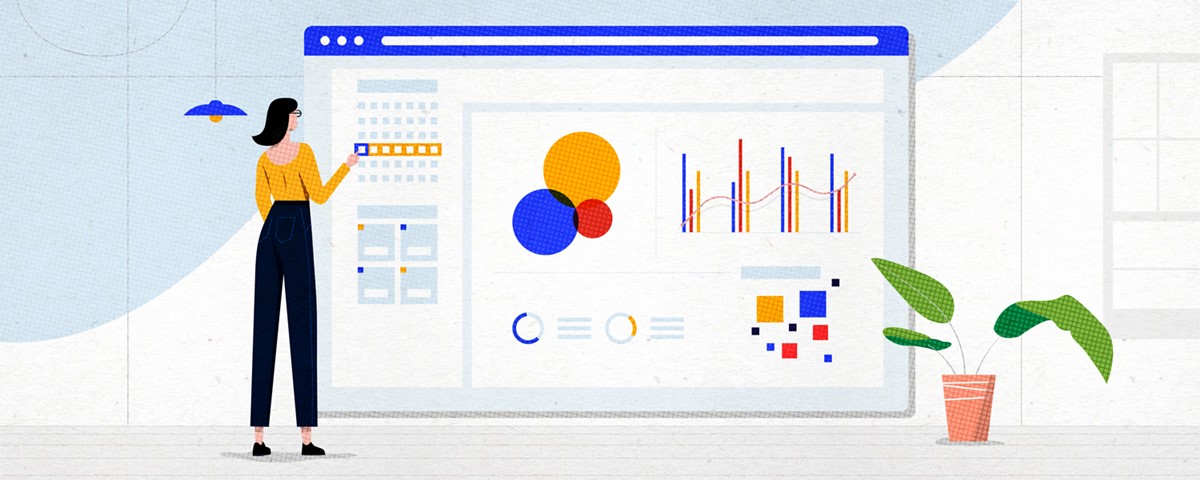
It’s time for your team to display and potentially demonstrate your goods or services. In this stage, your sales team needs to concentrate on how your product or service helps the leads by taking information collected in the two previous stages. This helps make sure that the presentation is relevant to potential customers and their demands.
Handling objections

After the presentation, a lead may have questions and objections. Your sales team will be responsible for correcting any misconceptions, dealing with any objections, and addressing any questions - without losing the trust of the lead. This stage does not aim to change a lead’s mind or force them to purchase. It’s simple to understand more about how to best assist the lead in finding a solution.
Closing

After any objections to the sale have been handled, it’s about time for your sales team to ask for the sale - close the deal. This stage involves addressing any negotiations, payments, invoices, contracts, or paperwork that finishes the sale.
Follow-Up
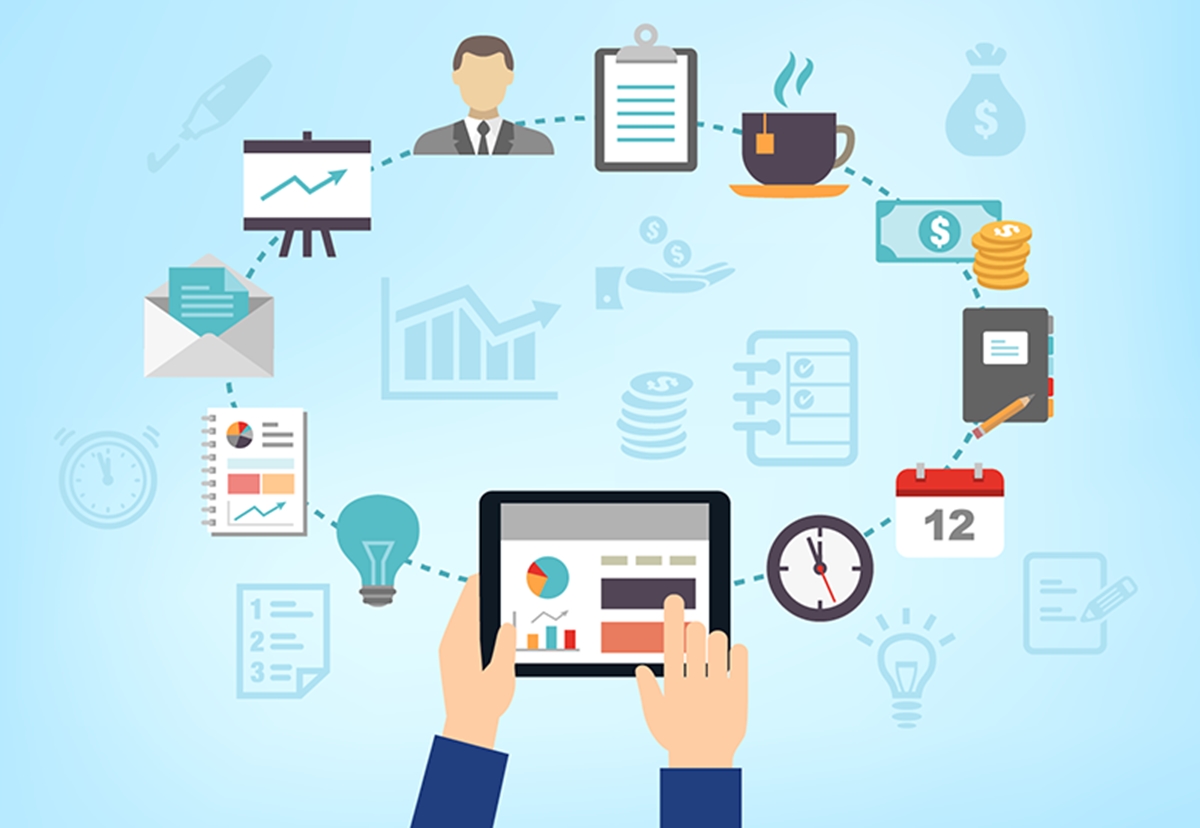
In the final stage, your sales team should reach out to the client after a sale to contentment and successful onboarding. This stage is crucial as it enables your sales team to retain customer relationships, which expectantly renew or upgrade. Besides, it offers a direct connection to your customer service team if a customer is not satisfied - and satisfying, happy customers become brand advocates.
Some real-life examples of personal selling
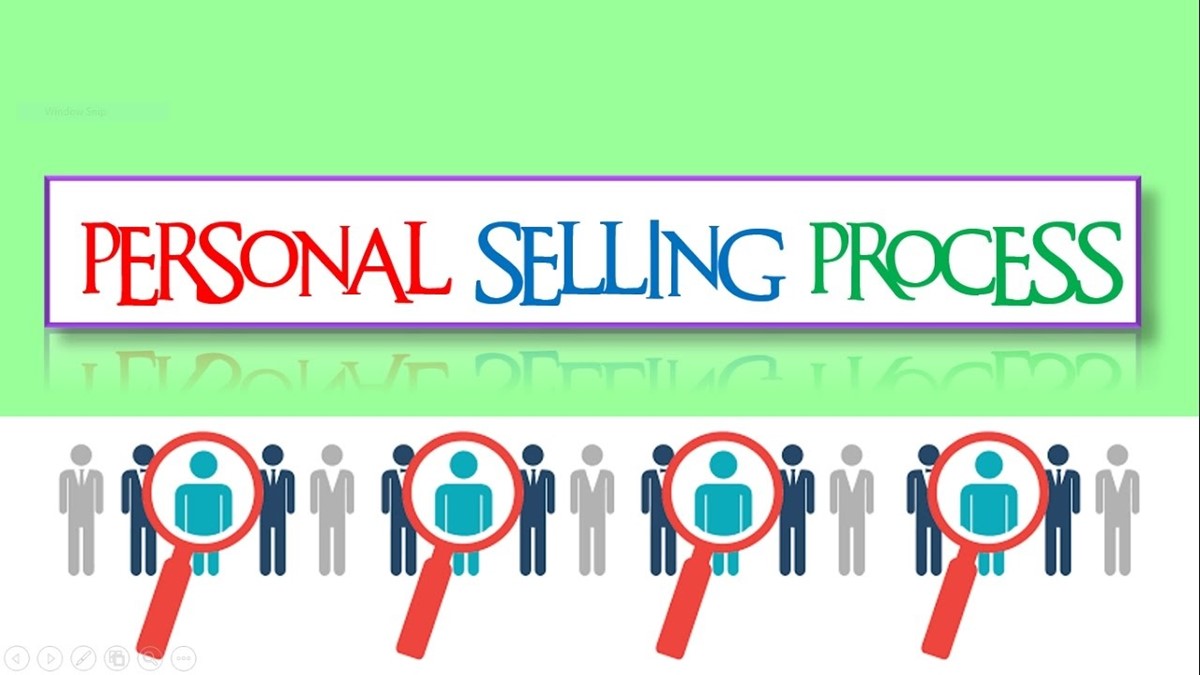
Software Industry

The majority of software companies choose the personal selling method. When clients purchase software for their department or organization, there’s a lot involved. There’s often a full box of tools and a number of solutions to evaluate, and clients will probably ask for buy-in across their organization. Therefore, in the software industry, personal selling is the perfect choice to best satisfy customers. The software can assist customers in understanding how the software can be designed for their demands and articulating functions and advantages to others in their company.
Catering Industry

Catering companies provide their services on events - and as each event is unique, they must modify their offering based on what each customer requires. Hence, caterers often ask salespeople to build initial contact with and converse with leads to understanding more about how the organization can help them. It’s also the job of these salespeople to create a custom catering plan for customers, manage the implementation of the service, and check up on customers after the event - all significant parts of the personal selling process.
Travel Industry

Travel and tour services are not a physical product, so a good sense of trust will be needed between the travel organization, their salespeople, and every client to complete a deal. For customers, everything starts from the website and tour proposal. They explore travel options and choose what suits their needs. Each customer has a different character and that is why different styles of travel can be considered. Mountains, ocean, or sea - that depends on taste and personality. For mountain trails, customers should be energetic and fond of walking. When someone starts on Tour du Mont Blanc self-guided journey for the first time he hopes to get as much information and support from the tour operator as possible. That is why it is very important to provide on such a webpage all answers to frequently asked questions and help your future customers deal with all worries even before the start date of the trip. Salespeople are responsible for presenting the details of each travel experience, making more closed conversations about what a customer wants or needs, and often providing various travel options before a customer decides to make a purchase.
Office Equipment Industry

Organizations often need to buy office-wide equipment such as chairs, desks, computers, etc. - when they change their working space or increase in the volume of staff. This process usually needs personal rapport between the office equipment salespeople and the business. The office equipment industry is fairly competitive, with high-quality products from various prestigious companies. Thus, salespeople have to learn about the demands of customers and prove why their product is the best option.
Real Estate Industry

For both individuals and businesses, real estate is an important purchase. In addition to the sheer cost of real estate, the buying process includes detailed questions about the demands of the customer and various sales presentations. Hence, real estate sellers and agents need to look for good-fit leads and educate them on how their property is right for them.
What are the 10 benefits of personal selling?

Two-Way form of communications

Personal selling is great for two-way communications. Salesmen can offer essential information to customers about the company’s offer and can gather information from customers. They can actively engage with salesmen to address his doubts and objections. It’s impossible in any other market promotion methods.
Focus on personal problems of customers
Advertising and publicity are two communication tools. They do not pay attention to individual needs. Personal selling concentrates on personal issues of customers. It is relatively more useful and result-oriented.
Support other promotional tools
Personal selling can provide advertising, sales promotion, and publicity. It helps to mitigate the disadvantages of advertising and sales promotion. Advertising boosts awareness while personal selling empowers the advertising message. In the same way, it can use personal direction or conviction to make sales promotion tools more helpful.
Provide immediate feedbacks
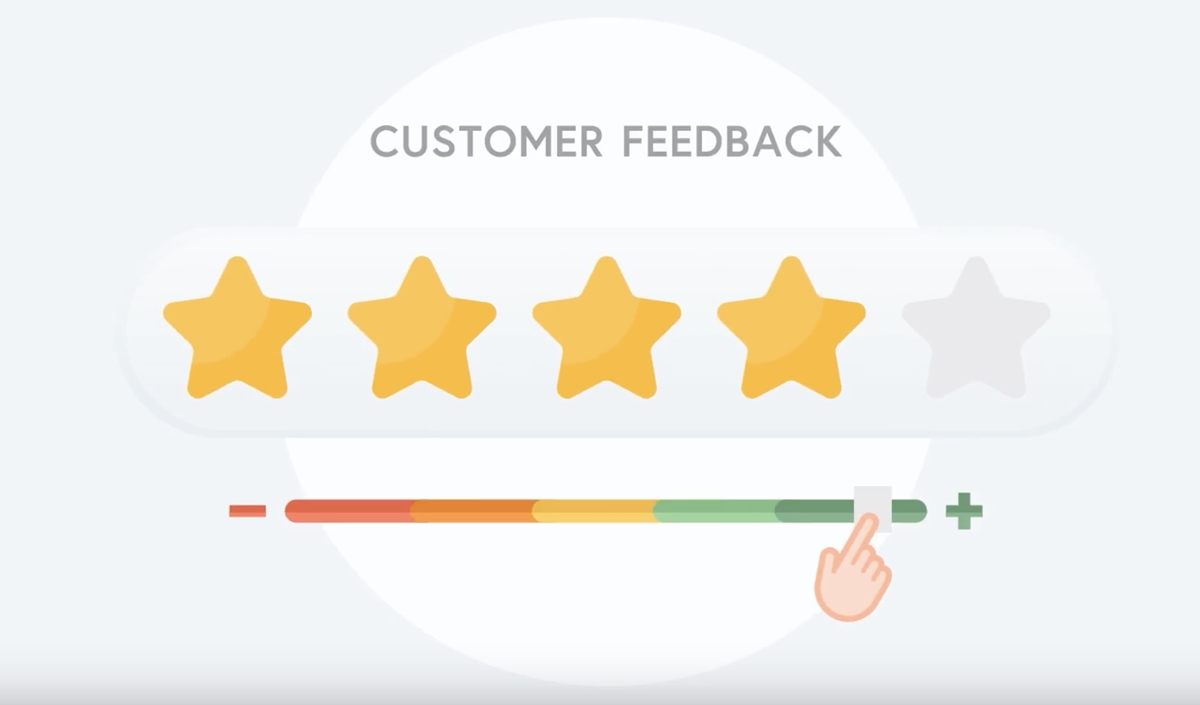
This is the only market promotion tool that offers instant feedback. After every call or visit, a salesman can easily recognize whether the customer is happy or unhappy to buy.
Provide individual services
Salesmanship provides individual services. It can satisfy the personal expectations of purchasers, which can result in customer contentment.
Help salesman to win customers’ confidence

Thanks to systematic sales talk and presentation, a good salesman can handle all doubts, quarries, objections and misconception, and can achieve customer’s confidence. It enhances customers’ faith in the company and its offering.
Improve company’s image and reputation
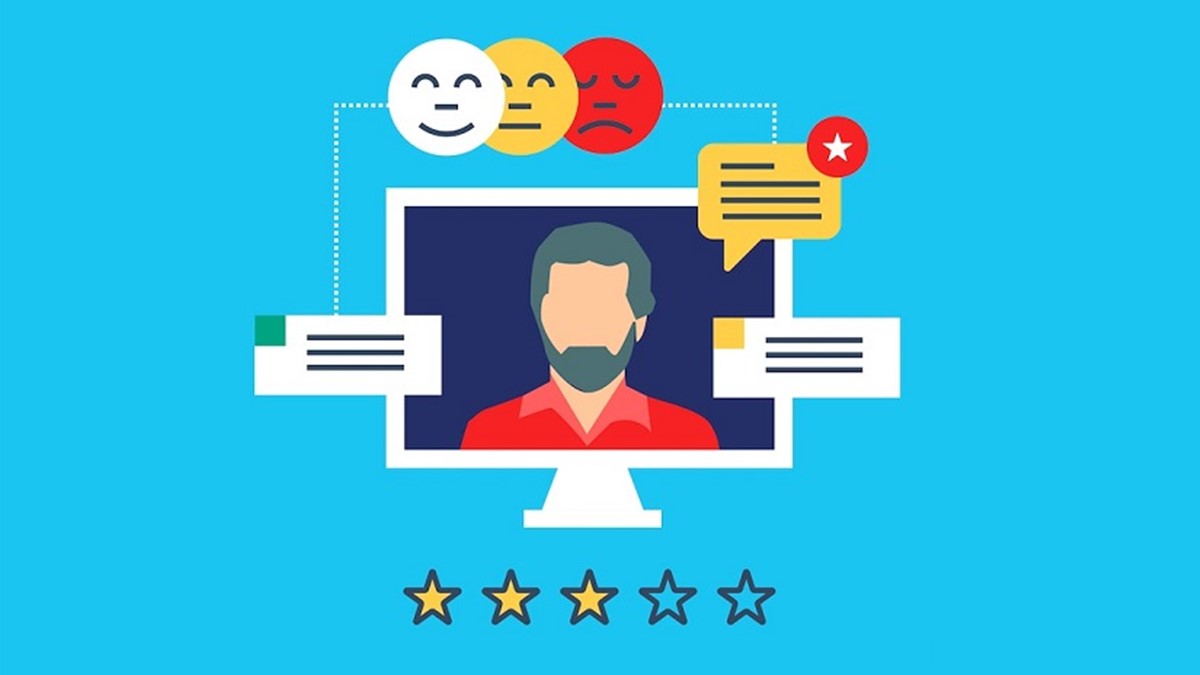
By making the company’s efforts and offers, salesmanship can erase bad image or misconception. The detailed clarification about the company and its products can erase all doubts and misunderstandings. It aims to improve the company’s image and increase its reputation in the market.
Convey more information
It’s possible for you to convey more information with personal selling than with other methods. A personal sales call is longer than any advertising. Hence, you have time to talk about the complexity of your product. Personal selling is useful when working with high-value products. With more costly products, you may need to persuade purchasers to part with their money and may need to contact them to make a rapport. Organizations often use laptop representations, demonstrations and product details when selling products such as computers, medical equipment and industrial items.
Help sell complex products
Organizations that sell complex products must be capable of presenting or clarifying products to prospects and answer their questions. Sales representatives can demonstrate products logically, concentrating on the advantages which are relevant to various decision-makers, such as technical managers. Using their experience, representatives can evaluate a potential customer’s response to their sales pitch and modify their presentation to each prospect’s levels of understanding or concern.
Manage the sales cycle
Personal selling is essential to organizations marketing products that need a long sales cycle. In B-2-B marketing, potential customers move through a purchasing process that involves a lot of stages, including identification of a need, enhancement of a specification, option of potential providers, evaluation of providers’ offers, and a final buying decision.
Sales representatives can impact on every stage of the process by making sure that leads are well aware of a provider’s capability and product advantages. They also guarantee that leads to getting the product, pricing, and technical details they need to decide, and they keep contact with the significant decision-makers during the sales cycle.
What are the 5 disadvantages of personal selling?

Personal selling is expensive
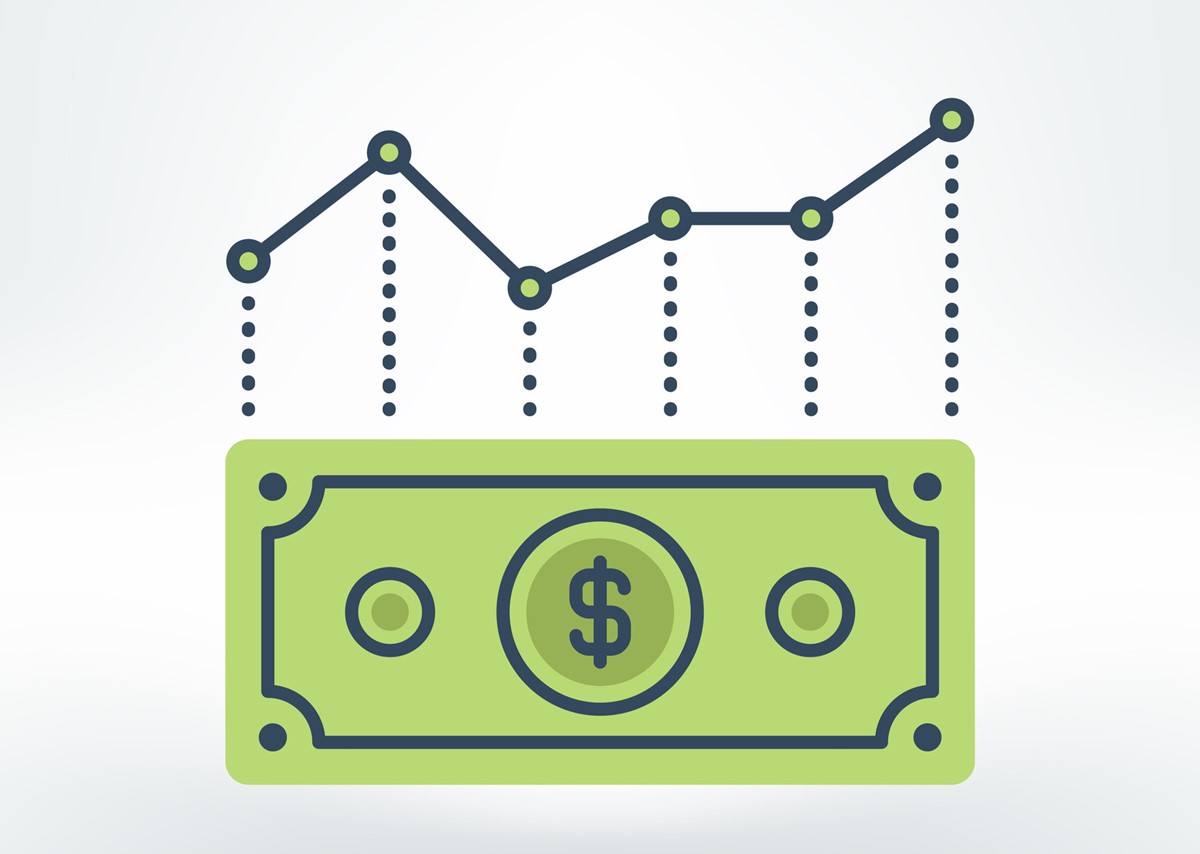
Companies encounter different expenses when using this promotion method including:
High cost-per-action (CPA) - Promotional success can be gauged by using the CPA measure. For a company, the amount of money on supporting a sales staff can be large. These costs consist of compensation (salary, commission), offering support materials (product literature), permission for entertainment expenses, travel spending, office equipment, telecommunication, and beyond.
Training Costs - Training a sales team can cost much and it includes the expenses for travel, hotel, meals and training techniques. While salespeople are trained, a company is probably paying fixed costs, such as the salary, healthcare, and other expenses of the trainee.
High job turnover for salesman

Job turnover in sales is often much more than it is for other positions of marketing. Turnover may leave an organization without representation in a customer group for a long time period. Meanwhile, the organization recruits and trains another person.
Customer reach is limited
In personal selling, your customer reach is restricted through personal sales. Consequently, it will take more time to build product awareness, especially if you do not utilize other advertising forms. Sales representatives are responsible for covering up one area or a place at a time. They also can contact twenty five potential purchasers per day and gather 3-5 presentations. Contact can be partial in rural areas where fewer potential purchasers are located.
Increase administrative problems
Unfortunately, personal selling has more administrative problems than impersonal selling. Hence, in order to handle manpower - a driving force behind sales, the firm has to face difficulties in terms of manpower-planning, organization, direction, coordination, motivation, and control. The keys to these problems, even if figured out, are not eternal as human ability in management is unique.
Stake in consumer loyalty
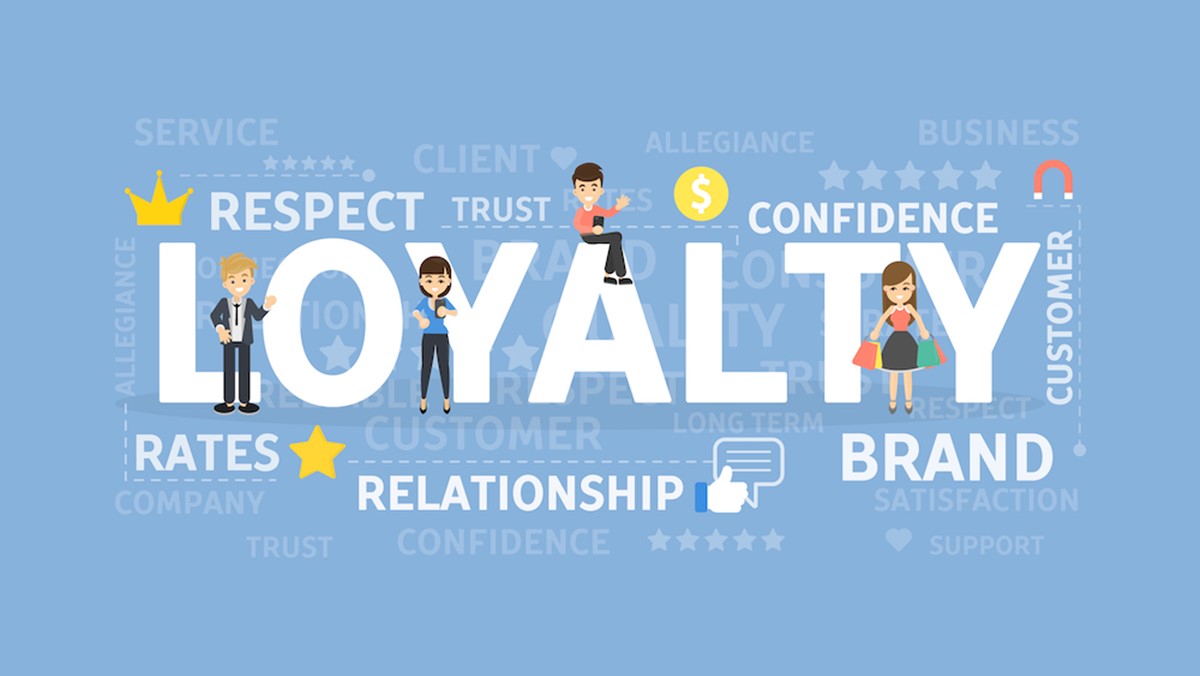
Personal selling is such a direct and close relationship between customers and salesmen, so customer loyalty relies on the presence of a salesman. If the salesman moves out, the customer falls down to the detriment of the company.
Conclusion
We’ve provided you with a large amount of useful and reliable knowledge of personal selling. Now it’s time for you to weigh the Pros and Cons of Personal Selling to make a decision for your company. If you still have any questions or concerns, you can leave them in the comment box. We will reply as soon as we can.
Thank you for reading!
New Posts







